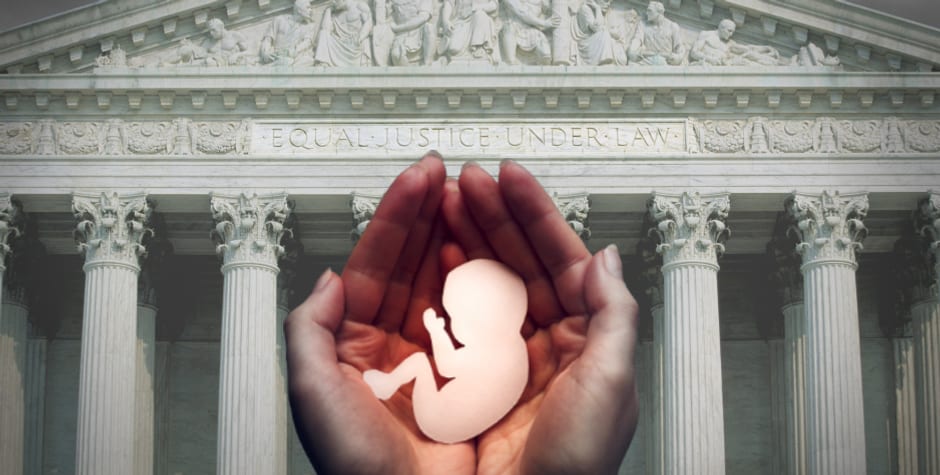Supreme Court Takes Up Abortion-Pill Mandate—Again
Last week, the Supreme Court agreed to hear two critical cases involving conscience rights and the Abortion-Pill Mandate: Little Sisters of the Poor v. Pennsylvania and Trump v. Pennsylvania. The Court will now decide, once and for all, whether employers, such as the Little Sisters of the Poor, can be fully exempt from having to comply with the Mandate.
When the Obama Administration first imposed a requirement on employers to include abortifacient drugs in their employee health plans—even if the employer objected to doing so on conscientious grounds—it set off one of the largest battles for religious freedom ever to be waged in the courts.
The ACLJ alone successfully represented a total of thirty-two individuals and for-profit corporations in seven different legal actions challenging the Abortion-Pill Mandate. In fact, the ACLJ filed the first lawsuit against the Mandate in federal court on behalf of a for-profit employer.
Despite the Supreme Court’s decision in Burwell v. Hobby Lobby, holding that the Mandate substantially burdened the religious exercise of certain for-profit employers, the Obama Administration did not back down. It concocted an arrangement where employers who objected to the Mandate could participate in a so-called “accommodation” process that would force the employer’s insurance carrier to pay for the objectionable drugs and services. In other words, the federal government would hijack the employer’s insurance plan to see to it that abortion-inducing drugs were made freely available to the objecting employer’s employees.
Religious entities, such as the Little Sisters of the Poor, evangelical colleges, and Catholic dioceses, challenged this “accommodation” all the way to the Supreme Court. We filed an amicus brief in their support, arguing how the Mandate would negatively impact the important social services these religious entities provide.
In Zubik v. Burwell, however, the Court declined to answer the fundamental question: did the “accommodation” violate federal law? Instead, after multiple rounds of briefing, the Court sent the cases back to the lower courts and asked the parties to try and resolve their differences.
After the 2016 election—and with a pro-life, pro-liberty Administration now in place—a resolution was reached. The Trump Administration proposed a new set of regulations granting employers with religious or moral objections to the Abortion-Pill Mandate the same total and complete exemption that churches have had all along. Objecting employers would now be permitted to run their operations or places of business in accordance with their religious and moral principles. (As explained here, we filed formal comments in support of these regulations.)
That resolution, however, was short-lived. In fact, it never saw the light of day. Before the regulations were finalized, lawsuits were filed in Pennsylvania, California, and elsewhere challenging their legality. Those lawsuits, brought by attorneys general of several states, argued that new rules violated federal law and the First Amendment’s Establishment Clause. (We filed amicus briefs in support of the Administration in a number of those cases.)
When the Third Circuit Court of Appeals issued a nationwide injunction blocking the implementation of the regulations, the Trump Administration and the Little Sisters of the Poor asked the Supreme Court to intervene. As explained here, we filed an amicus brief arguing why the Third Circuit got it wrong.
The Court’s decision to hear these cases will finally—one hopes—lay to rest what should never have been at issue in the first place: the right of private employers to comply with the dictates of conscience in matters pertaining to the sanctity of human life.
We will be filing an amicus brief in support of the Little Sisters and the Administration, arguing that the regulations fall squarely within our country’s longstanding commitment to respecting the rights of conscience and religious freedom.
The case will be argued in the spring of this year and a decision is expected by the end of June.
